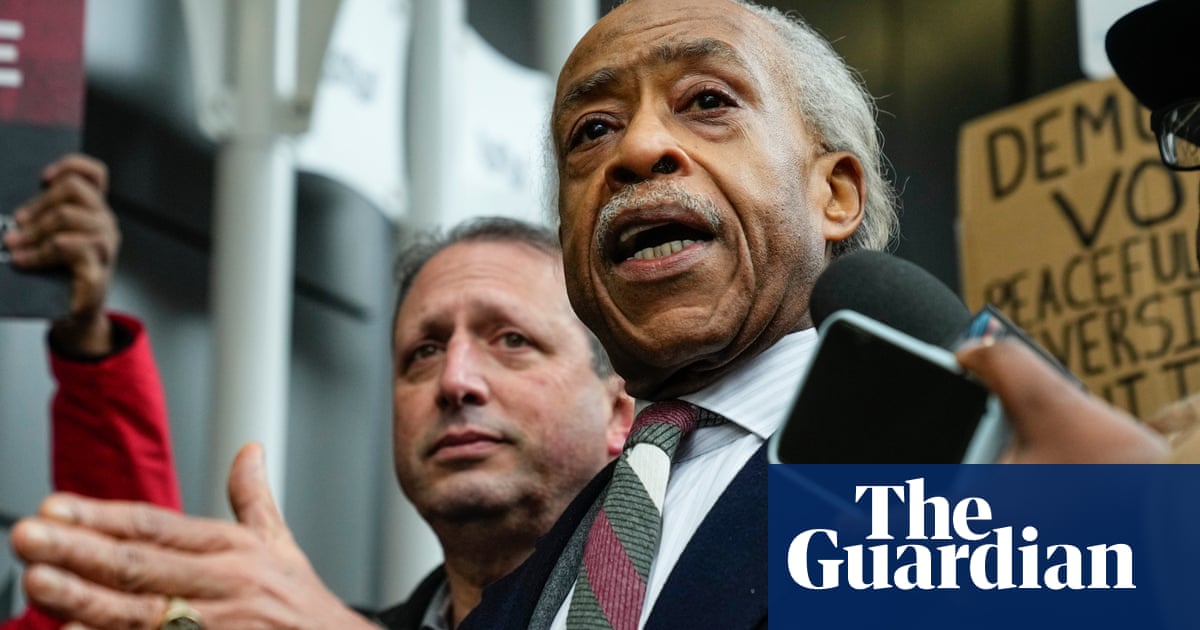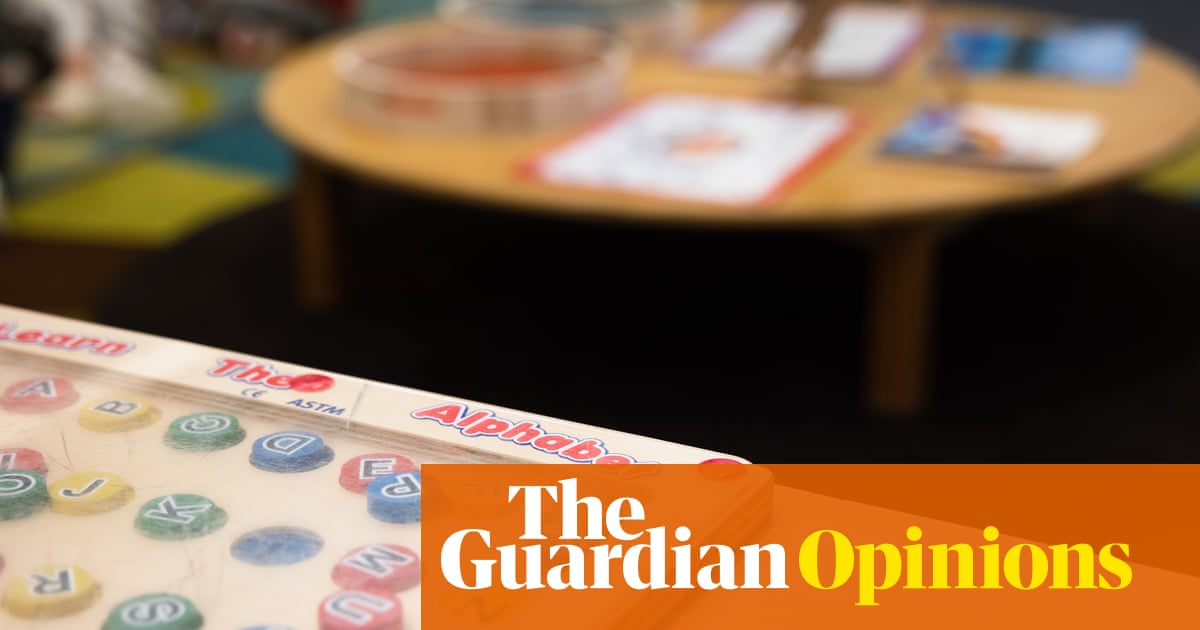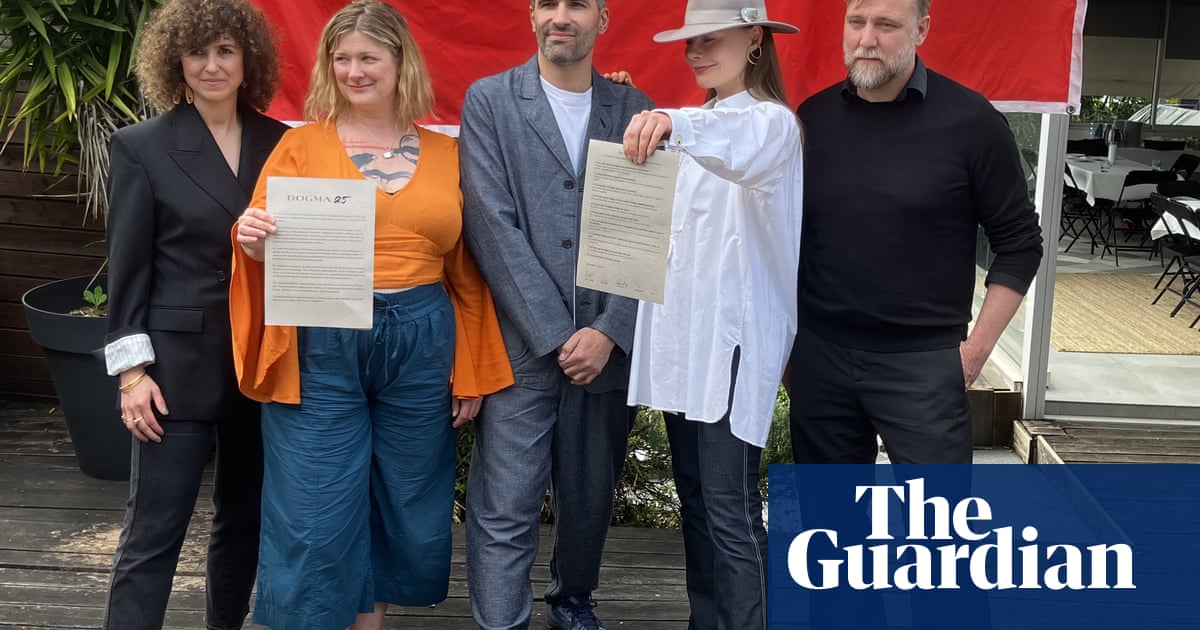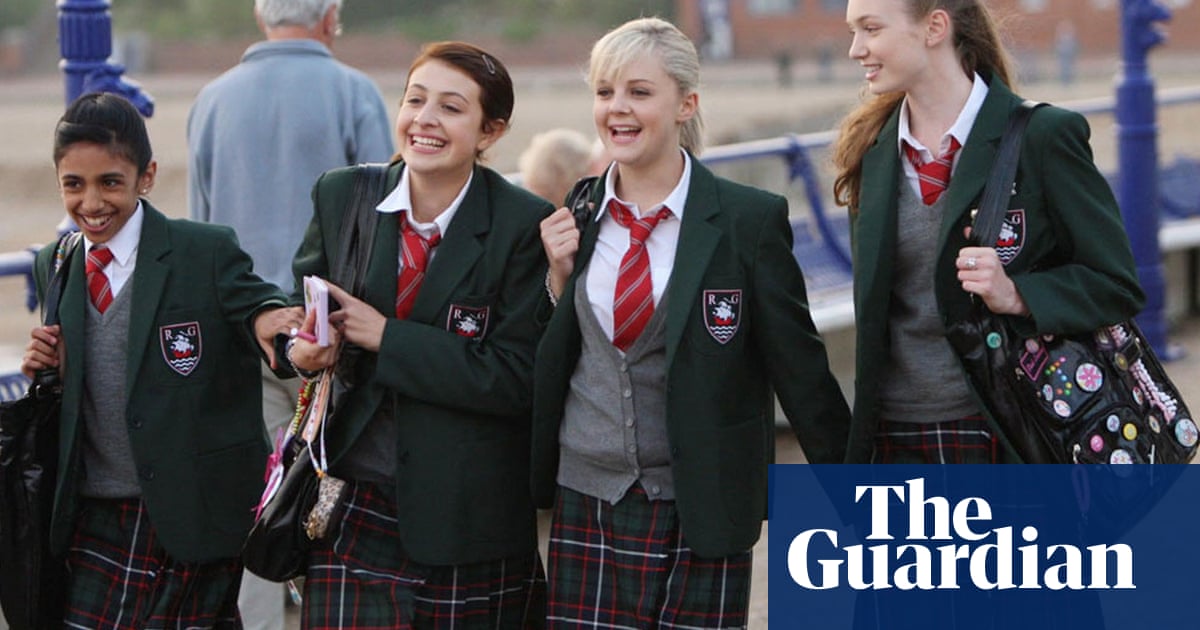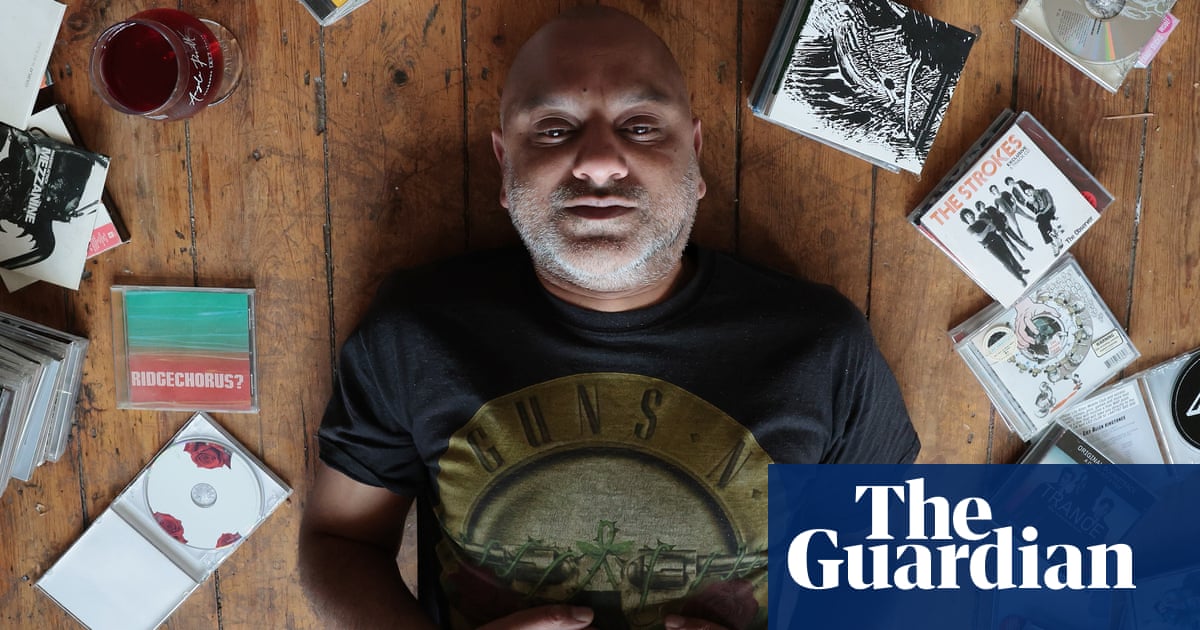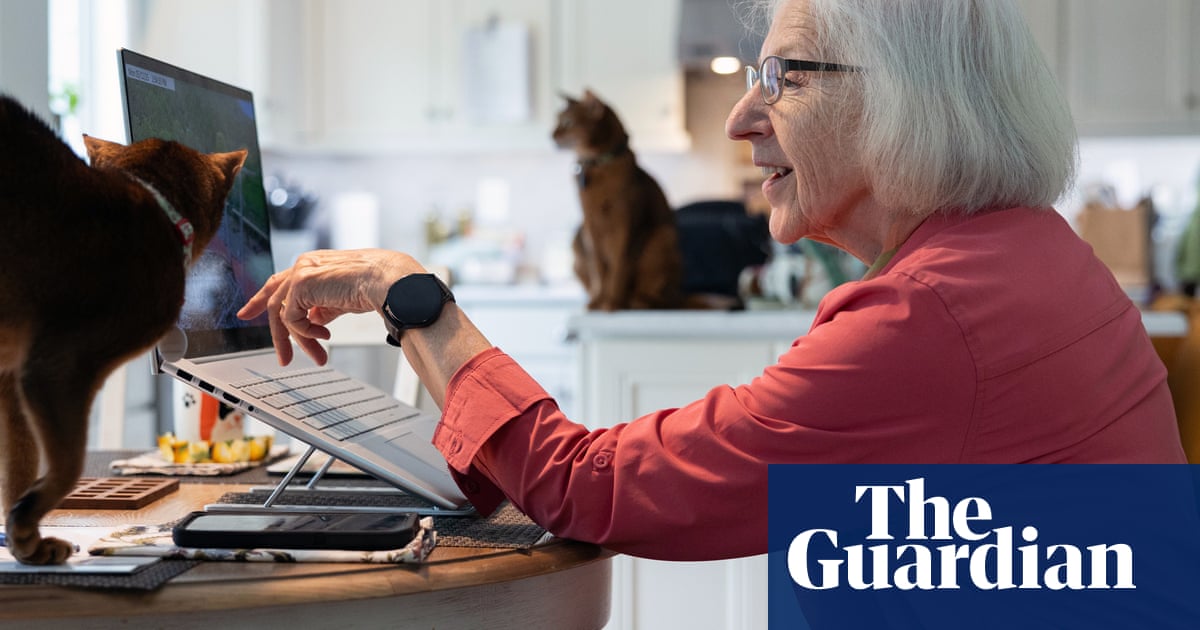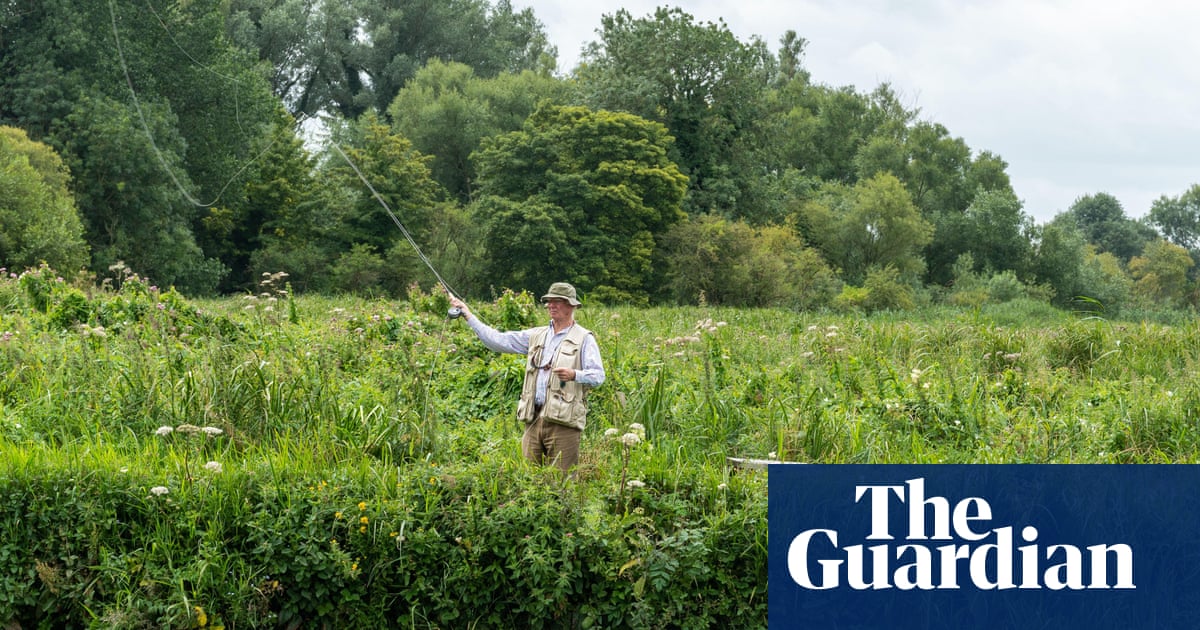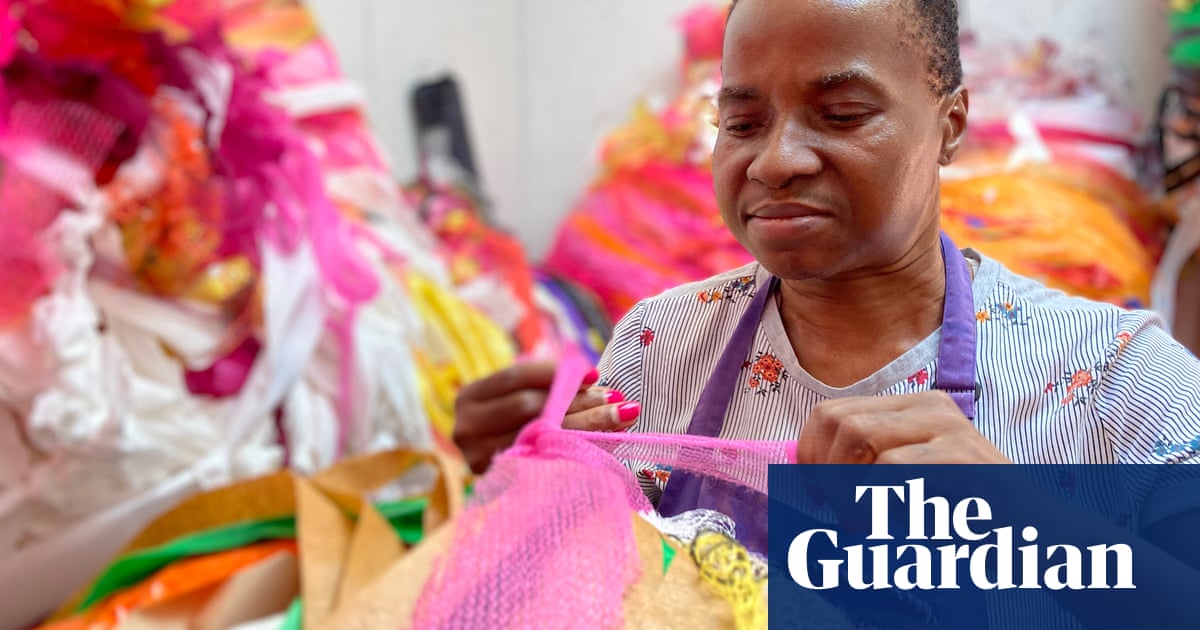A new trend is circulating on social media where adults ask their children to complete some of the toxic parenting phrases they remember from their own childhoods. Sayings such as “I’ll give you something to ... [cry about]”; “children are to be … [seen and not heard]”, and “I brought you into this world … [and I can take you out of it]” are reconfigured by a new generation of little kids who have been raised in more loving and respectful ways.
“I’ll give you something to …” one parent asks, as their child replies “help you with”. “Children are to be … children” and “I brought you into this world and … made you happy”. It’s powerfully moving, seeing how this generation of parents are trying their best to break the cycle of abuse that has frequently masqueraded as discipline over previous decades.
And for good reason. Being shouted at can alter a child’s brain, and the mental health consequences of having hostile, demeaning or humiliating words used against you in childhood can be lifelong. “[Verbal abuse] can profoundly shape our sense of self and whether we feel lovable and confident in navigating an unpredictable world,” Prof Eamon McCrory, chief executive of the mental health charity Anna Freud, told MPs last month. “As a clinical psychologist, I see in my clients how childhood messages – both negative and positive – shape who they become.”
Reading this makes me feel even worse about the few times I have raised my voice in frustration with my son, but parents have to wrestle with these debates all the time, not to mention reflect on their actions even years later. This month, Michelle Obama admitted that she used to smack her daughters. “It took a couple of spankings for me to be like, yeah, you know what, this is a little kid and the fact that I can’t think of any better way to get my point across than to smack somebody on the butt, I felt embarrassed,” she said.
I admire her for speaking out, and for not using the sort of self-justifying language that many adults now do when reflecting on how they punished their children. I’ve heard many victims of such punishments minimise them, too. Whenever anyone says: “I was smacked, and it didn’t do me any harm,” I always think: “But it did, because you are standing there, saying those words, justifying what is ultimately a cruel and abusive act against a child.” The idea that people who love us and try to do their best by us can also sometimes hurt us is a very difficult thing to contend with.
Older people sometimes roll their eyes at this generation’s gentle parenting methods – the phrase “you’re making a rod for your own back” is deployed to the point where it’s become a cliche – but like it or not, the shift to more child-centred methods is a backlash to the kind of stern parenting that came before. I wasn’t raised being shouted at, or hit – but lots of my peers were. That smacking continues to be legal in England and Northern Ireland (it is illegal in Scotland and Wales) never ceases to pain and surprise me. This is despite multiple calls from charities, children’s rights experts and, most recently, leading paediatricians to make it unlawful.
There will no doubt be those who are reading this who feel uncomfortable with what I am saying about punishment. Some of you will feel guilty, and others perhaps, angry. I expect some of you may feel even more uncomfortable about what I am going to say next, which is that verbal and physical punishment are a children’s rights issue. “Smacking is one of the very few things in parenting where you can say absolutely 100% this is not good for children, either children in the future, or in terms of how it makes children feel now,” says Eloise Rickman, the author of It’s Not Fair, a manifesto for children’s rights. Children’s rights experts use the term adultism to describe the ways in which adults deploy power and rules against children. It’s a concept that many adults find highly challenging, but when you open your mind to it you realise how conditioned we are to treat children as “less than”, and how normal we feel it is for adults to have full control over children. Children hate to be shouted at and smacked. It upsets and frightens them. But how often in a discussion about it do we hear their voices? How often are their thoughts and opinions centred?
Rickman believes that England is an especially inhospitable country when it comes to parents and children, and I agree with her. It isn’t just the pressures that parents are under – from housing to childcare – but the way our communities respond when parents and children are out in public. If you live in a place where, if your child starts crying, you receive sympathetic and supportive looks and comments, offers to help, and expressions of solidarity, you are much less likely to become stressed and raise your voice, or feel that you have to “perform discipline” than you will in a place where you’ll get tuts and judgmental comments. Parenting in the UK can often feel more like the latter than the former. I’m still not sure why: is it a legacy of Victorian values? A stiff upper lip thing?
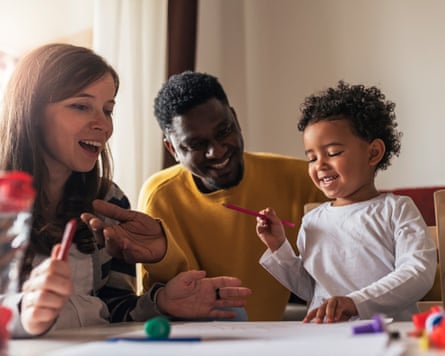
Whatever it is, we need a fundamental shift, and that requires knotty conversations beyond just “we should ban smacking”, which of course should be illegal. There needs to be a debate about how we can best support parents, and what it means to live in a society that values children, as opposed to one where the idea of children’s rights is treated as a bit of a joke. Why is it assumed that our voices matter more than those of children, that we should be the ones in power? The UK has signed up to the UN convention on the rights of the child, but we haven’t embedded it into English law. We should examine why that is.
As we speak, Rickman and I get talking about Italy, a famously child-friendly place where a crying child would be more likely to solicit the sort of solidarity I mentioned earlier, and how their child-centred Reggio Emilia educational approach arose as a direct response to fascism. In the context of the global rise of the far-right, perhaps it’s worth thinking about how anti-fascism begins at home, with the most vulnerable group of people of all, and how living anti-authoritarian values means not forcing children to be obedient, shouting at, or hitting them.
-
Rhiannon Lucy Cosslett is a Guardian columnist

 5 hours ago
3
5 hours ago
3

